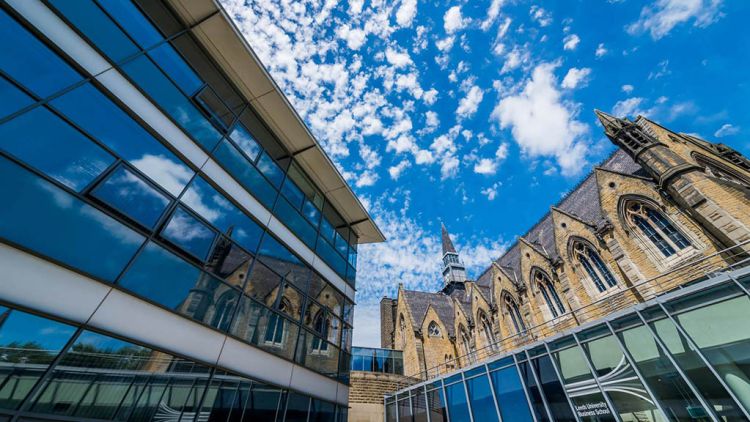Towards a feminist Green New Deal

- Date: Monday 21 June 2021, 16:00 – 17:30
- Location: Online
- Type: Online
- Cost: 0.00
Stefania Barca, Zennström Professor in Climate Change Leadership, University of Uppsala, explores the connections between care work and ecological transition
REGISTER HERE
Abstract
Building upon five decades of political theory and praxis around reproductive and care labour, feminist and women’s organizations have been actively contributing to recent proposals for a Green New Deal (GND). After a brief discussion of differences and convergences among various proposals, this presentation will focus on the Care Income campaign, jointly developed by the Green New Deal for Europe and the Global Women Strike. Assuming ‘care’ as a category that encompasses both humans and nonhuman nature in their interdependency, I will dialogue with feminist geographies of labour by introducing a reflection on the ecological relevance of unpaid care work, and its potential contribution towards climate justice.
Presenter
Stefania Barca is a senior researcher at the Center for Social Studies of the University of Coimbra (CES/UC), and currently a visiting professor at the University of Uppsala. Her research interests span across environmental history and political ecology, with a focus on the environmental impact of the industry during the Anthropocene, and the relationship between labour and the environment from a transnational perspective. She has published articles in leading international journals such as Environmental History, Ecological Economics, Environment and History, and in several other peer-reviewed journals and book collections in English, Italian and Portuguese. Her 'Enclosing Water. Nature and Political Economy in a Mediterranean Valley' (Cambridge, UK: White Horse Press 2010), was awarded the Turku Prize for best research monograph in environmental history in 2011. Her latest book, Forces of Reproduction. Notes for e Counterhegemonic Anthropocene has been published by Cambridge University Press in 2020.
LESS Group
This webinar is part of a new series launched by the new LESS research group and supported by CERIC.
Currently, we are all very concerned and stressed due to the Covid crisis. Putting the current crisis into a longer-term perspective, we might ask ourselves whether a political-economic and cultural system that struggles to deal with the Covid crisis will have the capacity to deal with the environmental crisis adequately. If your answer to this question is as pessimistic as ours, you might be interested in joining the LESS group — a new cross-divisional group at LUBS to explore system-level sustainability research, open to all researchers regardless of disciplinary background or prior experience in sustainability research.
We are inspired by a growing number of studies, which argue that the environmental crisis requires a radical change of the political-economic and cultural structure within which organizations and individuals operate. The mission of the LESS group is to advance interdisciplinary efforts to develop system-level research that addresses environmental emergency.
To join the LESS group please contact either of LESS' co-leaders:
Zlatko Bodrožić z.bodrozic@leeds.ac.uk
Vera Trappmann V.Trappmann@leeds.ac.uk
Watch other CERIC webinars in the Spring 2021 series.

